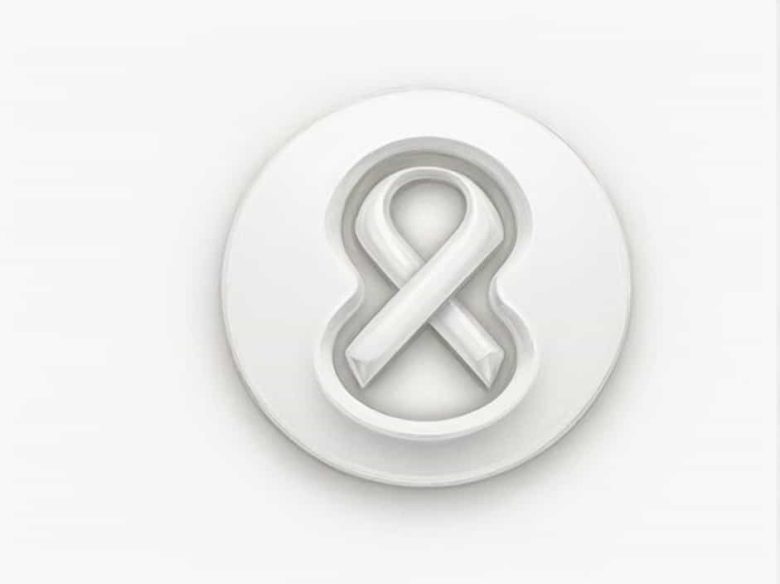The word “dissect” is commonly used in science medicine and analysis. It means to cut apart something to study its structure or to examine something in great detail. This topic explores its definition synonyms usage and examples.
Definition of Dissect
Dissect is a verb with two main meanings:
- To cut open a body or plant to study its internal parts (used in biology and medicine).
- To analyze something deeply by breaking it down into parts.
Example Sentences:
- Students dissect frogs in biology class to learn about anatomy.
- The journalist dissected the politician’s speech for hidden messages.
Synonyms of Dissect
- Analyze – The scientist analyzed the tissue sample.
- Examine – The detective examined the crime scene carefully.
- Scrutinize – Critics scrutinized the movie for historical accuracy.
- Investigate – The doctor investigated the cause of the disease.
Antonyms of Dissect
- Assemble – The engineer assembled the machine.
- Combine – She combined the ingredients to make a cake.
- Ignore – He ignored the details of the contract.
Origin of Dissect
The word comes from the Latin “dissecare” meaning “to cut apart.” It has been used in English since the 16th century mainly in scientific contexts.
Common Uses of Dissect
1. In Science and Medicine
- Doctors dissect cadavers to understand human anatomy.
- Botanists dissect flowers to study their reproductive systems.
2. In Literature and Analysis
- The professor dissected Shakespeare’s play to explain its deeper meaning.
- Critics dissected the novel’s themes and symbolism.
3. In Problem-Solving
- Scientists dissect problems to find effective solutions.
- A mechanic dissects an engine to diagnose issues.
Why Learning “Dissect” Is Useful
- Enhances scientific and analytical vocabulary.
- Helps express detailed examination or study.
- Improves understanding of academic and professional discussions.
“Dissect” means to cut open for study or analyze in detail. It is widely used in science medicine literature and problem-solving. Expanding your vocabulary with words like “dissect” can improve both your communication and analytical skills.



